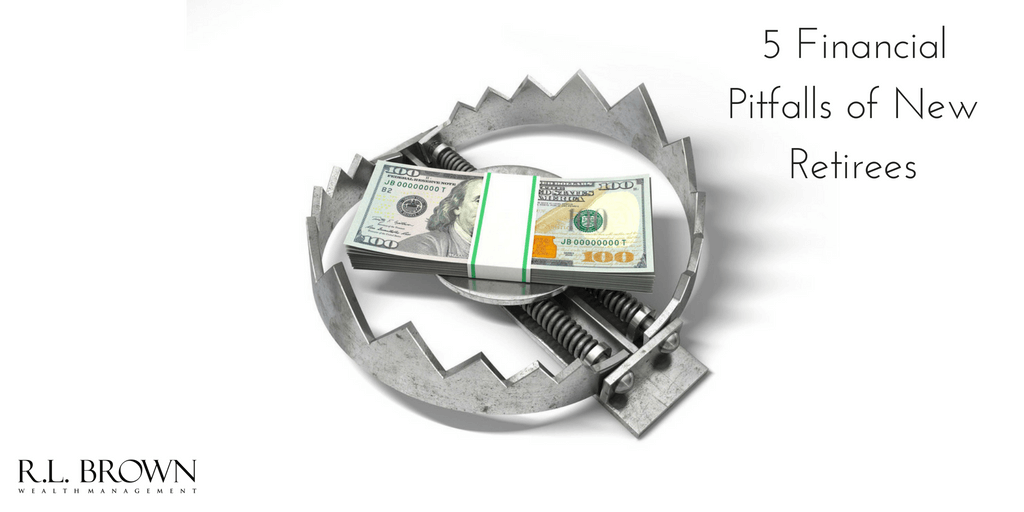If you’re single, you need just as much (if not more) planning to navigate toward retirement. This USA Today piece by Grant Webster gives five tips to help keep you on track.
[x_blockquote cite=”Grant Webster” type=”left”]You need an estate plan whether or not you have a family or heirs to receive your assets.[/x_blockquote]A lot of financial planning revolves around families and married couples. But if you’re single, you need just as much (if not more) planning to navigate toward retirement. Here are five tips to get you on track.
1. Get your estate plan in order. You need an estate plan whether or not you have a family or heirs to receive your assets. Single adults need a basic will and powers of attorney for finances and a proxy for health care in case you become incapacitated and can’t make your own decisions.
Depending on your situation, you may also want to explore a revocable living trust, which enables a successor trustee to carry out your wishes if you die or are incapacitated. Also check the beneficiaries on your retirement plans, such as your 401(k) or individual retirement accounts, unless you want the state deciding where your funds end up after your death.
2. Establish income to fall back on. Single living may be on the rise, but married folks often still enjoy a second household income, or at least the potential for the other spouse to work to help with expenses. If you’re single, you just plain lack this backup.
You should have about the equivalent of six months’ normal expenses in a liquid savings account. Save one month’s first, then, as your habits of thrift improve, build to six.
3. Improve your credit score. As a single adult, you will most likely find it harder to purchase a home, car or other large item on credit. Your income, savings, credit and (hopefully) low debt must be above average to qualify you for a loan; a married couple may have more income streams and a higher combined credit score.
The most commonly used credit score comes from Fair Isaac Corp. (FICO). Scores max out at 850; creditors generally consider 750 and above an excellent score and anything less than 600 poor. To improve your score, pay bills on time and keep your credit card balances as low as possible.
Building your score also builds toward future possible financial breaks; home ownership, for example, can provide a needed extra tax deduction for a single person.
4. Prepare for a disability. If you are single with no children or you do not plan to have children, becoming disabled or suffering long-term health issues in your later years can, if you must depend on third parties, crush you financially.
Much as when you save up an emergency fund, you may similarly lack a family safety net to fall back on, which means certain insurance such as supplemental disability and long-term care (LTC) insurance may become more relevant. Disability insurance, for example, can provide about half to two-thirds of your income. LTC policies, though expensive and increasingly harder to secure, provide payouts to cover the even-pricier costs of nursing homes and assisted-living facilities.
5. Save for retirement. Plans such as 401(k)s and IRAs are just as important, if not more important, for singles as for married couples for a familiar reason: Singles have no other financial backup.
First, take advantage of any contribution match your employer offers for your 401(k). Some employers match whatever you contribute with as much as about 5% of your annual pay.
Next, if your income allows, fund a Roth IRA for the year. This will give you a pot of money to pull from tax-free in retirement. A Roth offers other great advantages for a single person, such as allowed withdrawals before retirement age, investment flexibility and the ability to contribute to your 401(k) concurrently.
Once you max out contributions to your Roth IRA ($5,500 annually, $6,500 if you’re 50 or older), go back to your 401(k) and attempt to max out contributions ($18,000 annually, $24,000 if 50-plus). These two vehicles can provide a comfortable retirement if you invest early, often and wisely.
Note: For more retirement planning advice for singles, read the RL Brown Wealth Management blog What Are Singles Social Security Options?






